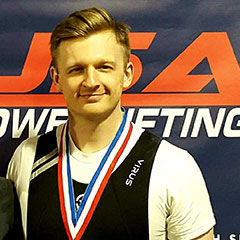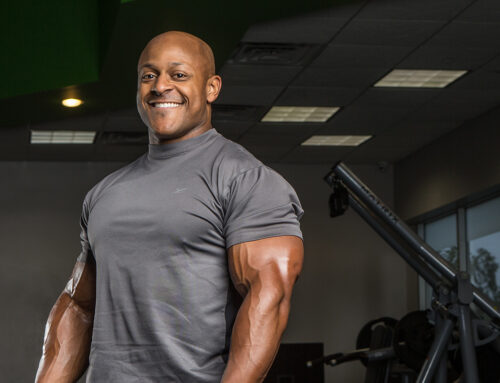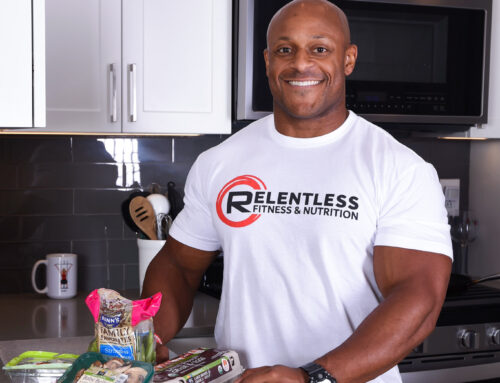If digging into the finite details of your nutrition is not your forte then there is a more grass-roots way to go about it. Determining the amount of food you need is important if you want to change your body composition. Record what you eat, take notes on your weight, make adjustments and focus on 0.8 grams of protein per pound of lean mass.
Recording what you eat is crucial. If you don’t know where you are you can’t efficiently facilitate change. You may get lucky but that is the exception, not the rule. You can do this in an app like cronometer, my fitness pal or a piece of paper or spreadsheet. Doesn’t matter, just get it done. I recommend doing this over a 3 day period. That’ll give you an average so you can get an accurate idea of what you are eating.
Taking notes on your weight allows you to monitor your daily and weekly fluctuations. Weigh yourself upon waking before any food is eaten to get the most accurate number. If you notice you are maintaining your weight that means you are eating an isocaloric diet. If you are gaining weight then you are eating a hypercaloric diet. If you are losing weight then you are eating a hypocaloric diet. Now that you have the necessary info you can adjust.
Your goals will determine what adjustments you need to make to your eating habits. If you want to gain weight then I recommend adding 200-250 calories per day. If you want to lose weight then subtract 200-250 calories per day. This caloric number is significant enough to put you in a deficit, to burn fat, if you were isocaloric without dropping too much food where you could potentially slow down your metabolism in the long term. Slowing your metabolism will slow your results. . It’ll also put you in a very modest surplus, if you were isocaloric, where you can build muscle without the risk of quickly adding unwanted excess body fat.
Focus on 0.8 grams of protein per pound of lean body weight. You need to make sure you are getting enough protein to support maintaining or gaining you muscle mass. Your muscle is the engine for your body. It needs fuel to burn fuel. The more muscle you maintain or gain, the more calories you can burn. If you undereat protein and lose muscle or don’t allow your body to recover and rebuild properly then you will short change your progress. You also might slow down your ability to burn fat.
Last, you want to keep your exercise consistent. This allows you to determine if it’s in fact the drop in calories that is facilitating the weight loss and not an increase in exercise. This will save you from potentially spending more time doing cardio because you are trying to burn off the extra food rather than eating the correct amount to begin with.
Until next time, Be Relentless!
CLIENT TESTIMONIALS

Christian agreed to help teach me in the most effective way possible: First hand experience! Over the course of one summer, I followed a meal plan prepared by Christian down to the letter, and I can say, without a hint of exaggeration, that it changed the way I view diet forever.
Read the full testimonial>

I engaged Christian for help with a nutrition plan to maximize performance and manage my weight class for a USAPL meet. Christian took a holistic approach to reviewing my training schedule and programming, my daily life schedule, and food preferences to put together a flexible but rigorous plan to put on quality muscle mass for the meet.
Read the full testimonial>




